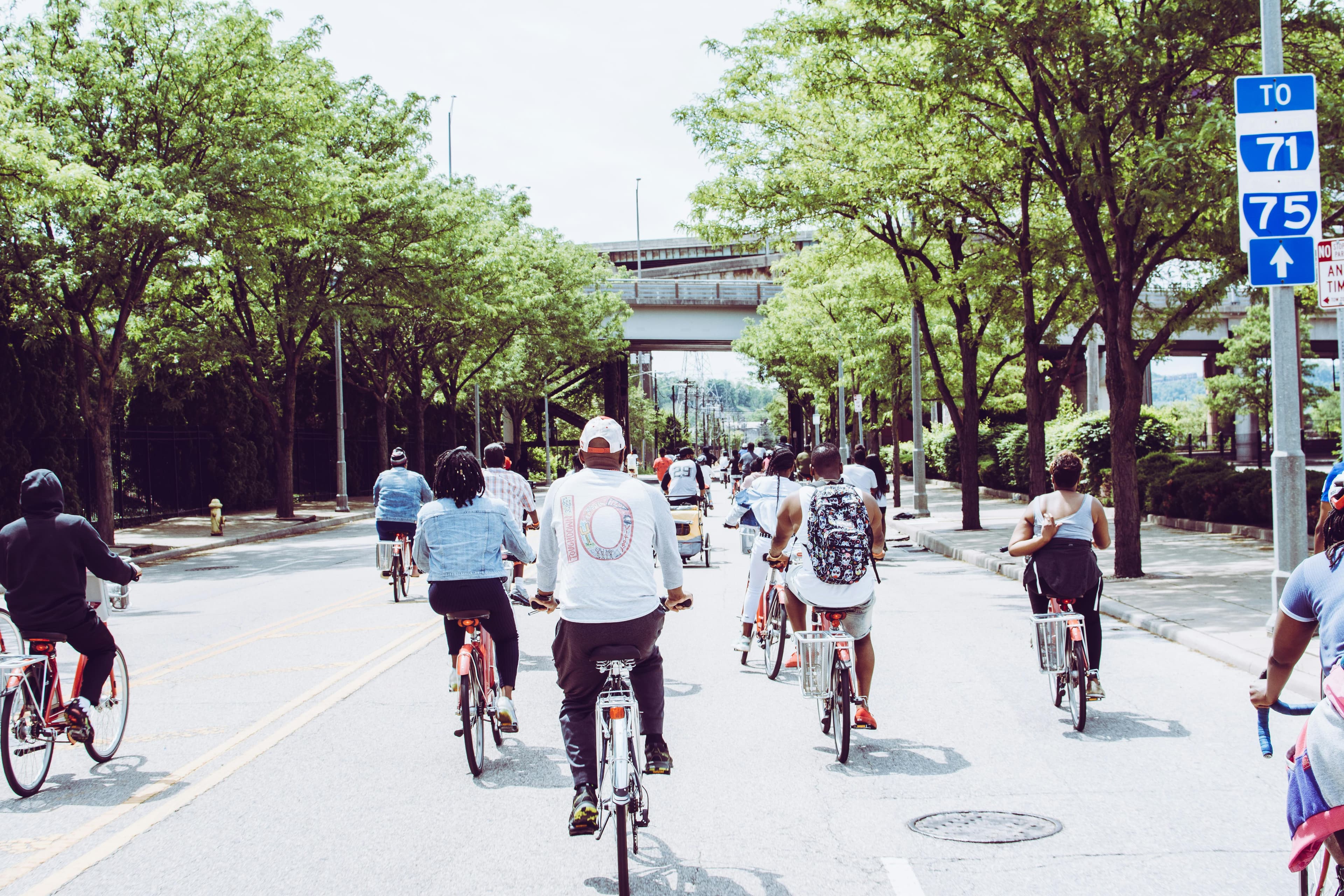Montréal, Québec, Canada
Connecting Communities Through Cycling: Montréal's Express Bike Network (EBN)

In an era where sustainable urban development is increasingly critical, Montréal has taken a significant step by implementing the Express Bike Network (EBN). This 191-kilometre project is designed to weave through the city, connecting various points of interest—from commercial hubs and residential areas to parks and cultural sites—via 17 protected bike routes. The EBN reflects Montréal's commitment to reimagining urban mobility, placing active transportation at the forefront.
The protected bike lanes are a cornerstone of the EBN, physically separating cyclists from motor vehicle traffic. This design enhances safety, addressing one of the primary concerns that deter people from cycling in urban environments. By providing a secure and pleasant cycling experience, the EBN encourages more residents and visitors to choose biking as a viable mode of transportation.
Year-round accessibility is another key feature of the EBN. Montréal's harsh winters have traditionally been a barrier to cycling. However, the city's commitment to maintaining these routes throughout all seasons ensures that cycling remains an efficient option regardless of weather conditions. This all-season approach promotes consistency in active transportation habits, contributing to reduced traffic congestion and lower carbon emissions.
The EBN's extensive network facilitates not just mobility but also community building. By connecting neighborhoods and enabling easy access to different parts of the city, the network encourages interactions among residents. Cyclists often experience a greater sense of connection to their surroundings, noticing details and engaging with their environment in ways that are less common when traveling by car. This increased engagement can lead to stronger community bonds and a heightened sense of belonging.
Moreover, the EBN challenges the outdated urban transportation systems that prioritize automobiles over people. Car-dependent cities often suffer from issues like traffic congestion, pollution, and reduced public spaces. By investing in cycling infrastructure, Montréal is addressing these problems head-on. The EBN represents a shift towards more sustainable, people-focused urban planning, aligning with global trends that recognize the importance of active transportation in creating healthy, livable cities.
The economic benefits of the EBN are also noteworthy. Increased cycling can reduce infrastructure costs associated with road maintenance and contribute to local businesses as cyclists are more likely to stop and shop locally. Healthier populations due to increased physical activity can lead to reduced healthcare costs over time.
Montréal's Express Bike Network serves as an inspiring example for other cities looking to improve urban mobility, reduce environmental impact, and foster stronger communities. By prioritizing cyclists and investing in infrastructure that supports active transportation, the city is paving the way for a more connected and sustainable future.